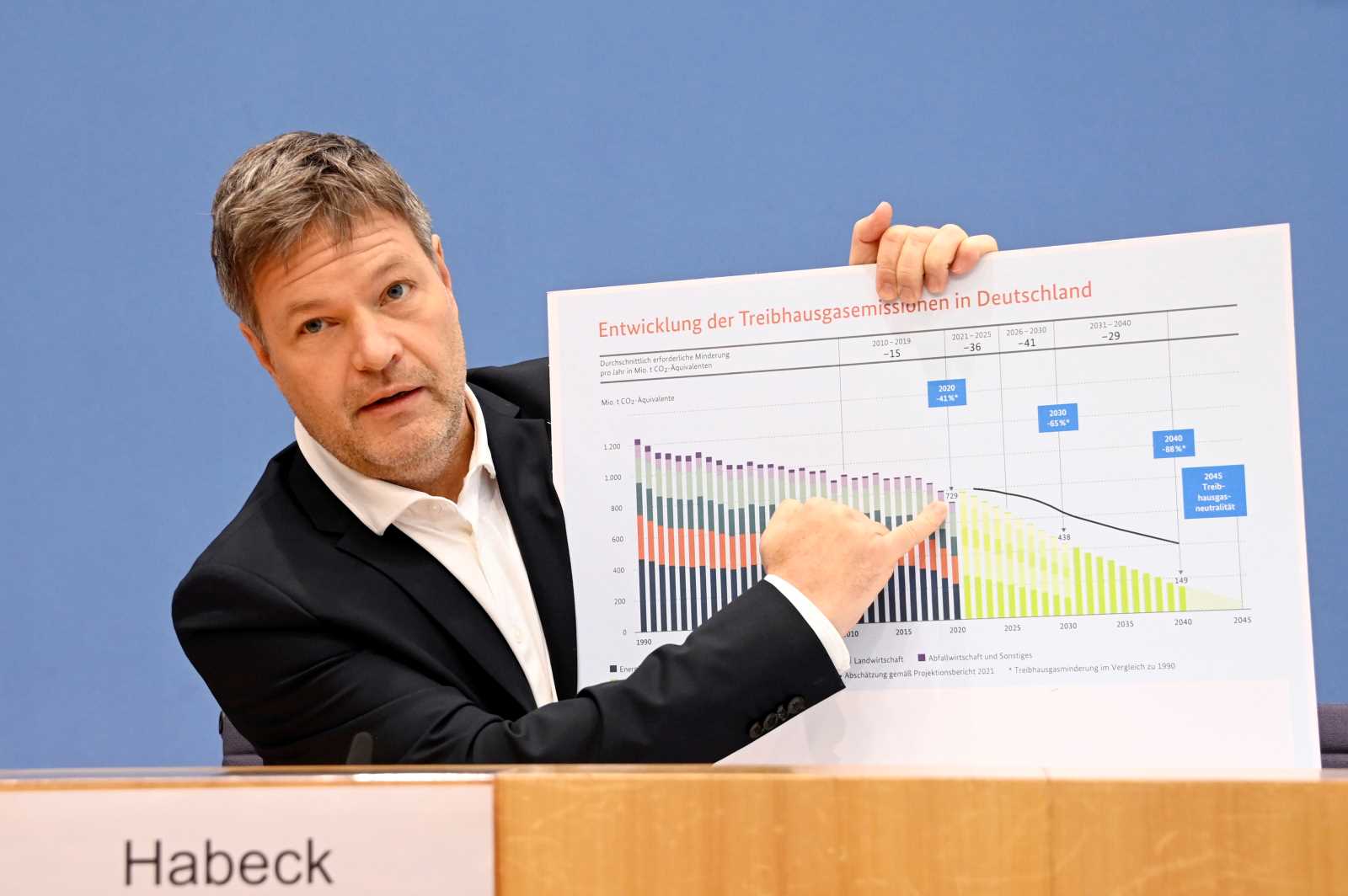Climate engineering
Buying time

Some of the more optimistic climate scenarios presented by the International Panel on Climate Change (IPCC) are based on major reductions in greenhouse-gas emissions in the near future. In view of the current weak mitigation efforts, however, these scenarios are not very realistic. In November, more than 11,000 scientists from all over the world signed a declaration of a global climate emergency. Accordingly, large transformational change is urgently required.
One way to combat global warming could be deliberate large-scale manipulations of the earth’s climate system through technology. Climate engineering, also known as geoengineering, is the use of aerosols and artificial cloud production in order to reflect solar radiation back to space. Sulphur injection into the atmosphere simulates natural effects from volcanic eruptions which have historically reduced atmospheric temperatures.
Proponents of climate engineering argue that it is the lesser evil compared to the dramatic consequences from unstopped climate change. New technologies could serve as a plan B in case mitigation strategies fail. It remains unclear, however, how such a failure is defined and when the time to implement alternatives is reached.
In any case, we should invest in research now, says Andreas Stamm of the German Development Institute (GDI). In his view, climate engineering is a responsible approach, and time is an important issue. “We urgently need ground-breaking innovations, whether we ever use them or not. If we don’t go for these technologies now, it might be too late,” Stamm said at a panel discussion organised by GDI this autumn.
While some experts argue that it is our responsibility to future generations to develop adequate technologies now, others warn that it would be more responsible to refrain from potentially creating new risks in the future.
In the highly complex earth system, climate engineering could come with unpredictable side effects, says Ulrike Niemeier of the Max Planck Institute for Meteorology in Hamburg. The tropical convergence zone, today the region of rainforests, would likely become cooler and drier. This could severely harm regional ecosystems. Some regions may therefore suffer from climate engineering even if the global climate stabilises, Niemeier warns.
Moreover, models show that if climate engineering is suddenly switched off, temperatures will rise quickly within a very short time. Therefore, once climate engineering has been implemented, it should not be stopped. This creates a lock-in situation for future generations.
The global scope of climate engineering also raises political concerns. It may lead to injustice and a concentration of power in those countries that can afford to implement it. International agreements and common governance are urgently needed to avoid conflicts, Niemeier argues.
For Frederike Neuber, an environmental ethicist from Rostock, mitigation and climate engineering are not alternative approaches, but rather add-ons. Climate engineering could be misused as a substitute for mitigation and could promote a business-as-usual attitude toward exploitative consumption and production patterns. “Mitigation is the only strategy which counteracts the root cause of the problem. It should be the first responsibility and foremost obligation,” Neuber stresses.
Link
World scientists’ warning of a climate emergency:
https://academic.oup.com/bioscience/advance-article/doi/10.1093/biosci/biz088/5610806













